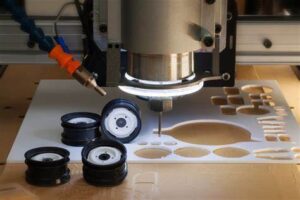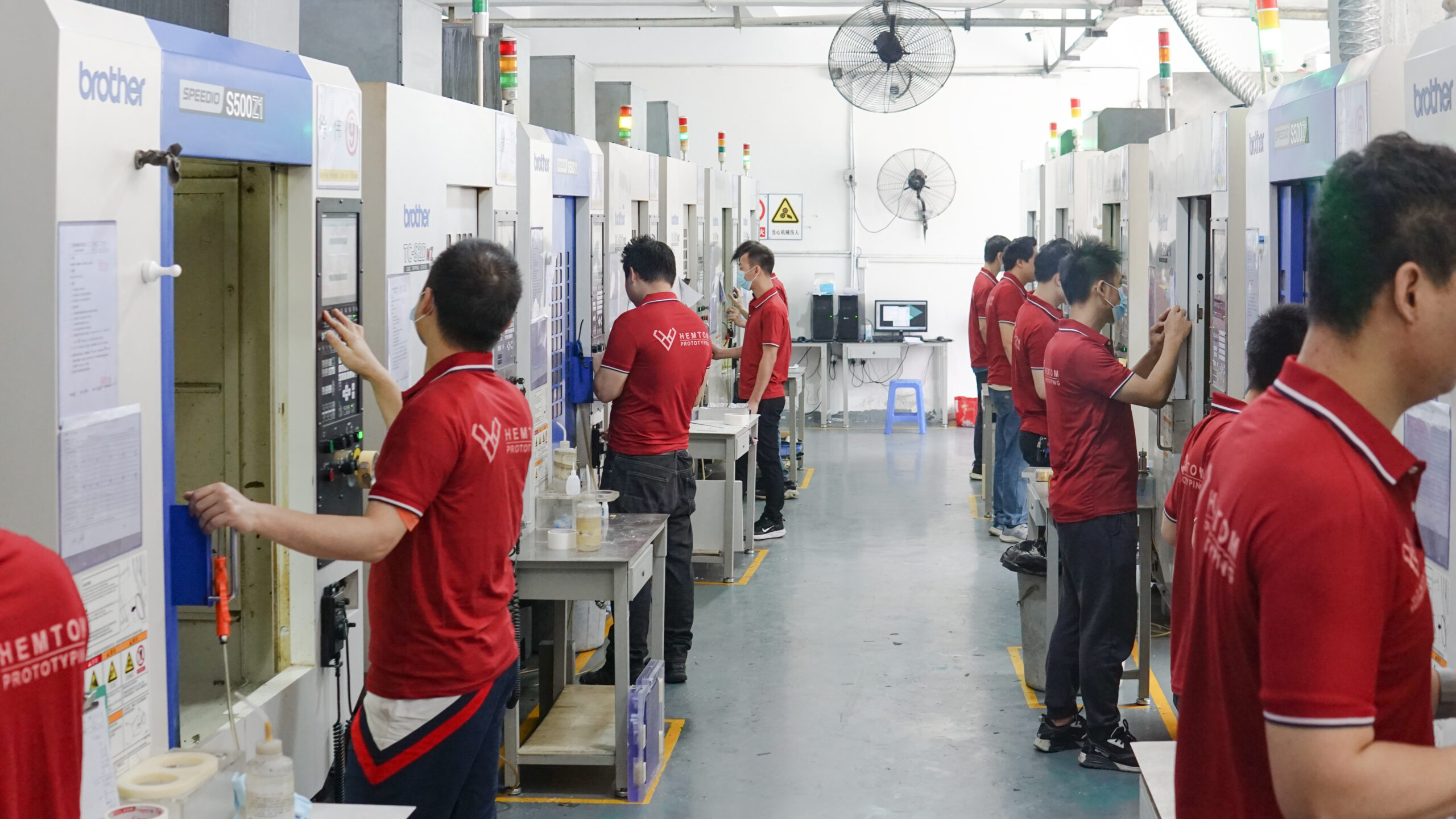In today’s competitive marketplace, innovation has become one of the key drivers of business success. And prototyping is an integral part of the innovation process. From a simple concept to a final product, choosing the right prototype manufacturer will have a profound impact on the success of your project. In this article, we look at how to find and choose the right prototyping partner for your idea.
How to find a prototype manufacturer
Use of online platforms
In the digital age, utilising online platforms is the preferred method of finding a prototype maker. platforms such as Alibaba, ThomasNet and Maker’s Row offer a wide range of options for entrepreneurs.
1. Alibaba
Alibaba, one of the world’s largest online trading platforms, connects manufacturers from all over the world. On Alibaba, entrepreneurs can quickly locate prototype manufacturers that meet their needs through filtering options. The platform also provides supplier details and customer reviews to help entrepreneurs assess the reliability of their partners more comprehensively.
2. ThomasNet
Focusing on the North American market, ThomasNet provides businesses with detailed manufacturer information and product listings. Through ThomasNet, entrepreneurs have access to more localised information, which helps to build closer partnerships. The platform also provides verification and auditing of manufacturers, increasing the credibility of potential partners.
3. Maker’s Row
For U.S. entrepreneurs, Maker’s Row provides a platform designed specifically for local makers. Not only does this help support the local economy, but it also makes communication and management less difficult. Entrepreneurs can find local partners that are easier to work with here.
Participation in trade fairs and industry events
In addition to online platforms, attending trade shows and industry events is a great way to find prototype manufacturers.
1. Field trip to the prototype factory
Trade shows and industry events provide opportunities for face-to-face interaction with potential manufacturers. Through site visits, entrepreneurs can gain a more intuitive understanding of a manufacturer’s actual capabilities. Observing the workflow, the condition of the equipment, and the factory environment will help to assess potential partners more fully.
2. networking
At these events, entrepreneurs can not only find manufacturers but also make broader industry connections. This kind of networking is helpful not only in finding manufacturers, but also in gaining more information about industry trends and best practices.
Word of mouth and recommendations
Word of mouth and recommendations are important references for finding a prototype manufacturer. Entrepreneurs can connect with other industry professionals through social media and industry forums to get their advice and experience.
1. social media
Social media platforms such as LinkedIn and Twitter are great places to get word-of-mouth and recommendations within the industry. Participate in discussions, ask questions, and share experiences in relevant social groups, which will provide valuable information when searching for manufacturers.
2. Industry forum
Participating in industry forums is an effective way to learn about the experiences of other entrepreneurs. At these forums, entrepreneurs can ask questions directly to experienced people and get recommendations on manufacturers and pitfalls to avoid.
How to choose the right prototype manufacturer
Once a potential manufacturer is found, the selection process becomes crucial. Here are some suggestions:
Assessing manufacturer capabilities
Site visits are an effective means of assessing a manufacturer’s capabilities. By visiting the factory in person, entrepreneurs can get a fuller picture of the workflow, the condition of the equipment and the overall factory conditions. This helps to determine whether the manufacturer has the actual capabilities to meet the project’s needs.
1. Equipment and technology
During field visits, entrepreneurs can directly observe the manufacturer’s equipment and technical level.This is an important step to ensure that the manufacturer can meet the needs of the project.
2. Employee professionalism
Interacting with the manufacturer’s employees is also a way to learn about the manufacturer’s capabilities. Professionalism and the ability to work as a team are critical to the successful implementation of the project.
Reliability Assessment
In addition to site visits, entrepreneurs need to assess the reliability of the manufacturer. Find out about the manufacturer’s track record and investigate its reputation in the industry and customer satisfaction. This helps ensure that the manufacturer chosen is a trusted partner.
1. Customer feedback
By investigating customer feedback, entrepreneurs can find out how the manufacturer has performed on past projects. This can be done by asking the manufacturer directly to provide customer testimonials or contact information.
2. Delivery punctuality
A manufacturer’s on-time delivery is important for the success of a project. By understanding the manufacturer’s past delivery record, entrepreneurs can better assess its reliability.
The degree of matching with your needs
Finally, entrepreneurs need to ensure that the selected manufacturer matches the project requirements.This includes matching technology and scale.Manufacturers must have appropriate technical capabilities and be able to meet the scale and complexity of the project.
1. Technical matching
Entrepreneurs should ensure that manufacturers have the technical level that matches the project requirements.This can be evaluated by looking at its past project experience and technical capabilities.
2. Adaptability to scale
The size of the manufacturer is also a key factor. Entrepreneurs need to ensure that the manufacturer is able to complete the project within the required time frame and has sufficient production capacity.
Advantages and disadvantages of local prototype company versus outsourcing to prototype company in China
Local prototype manufacturer
1. Convenience of communication and management
Local manufacturers are usually easier to communicate and manage.There are small time zone differences and fewer language barriers, making communication more convenient.
2. Quick response
Due to the close geographical location, local manufacturers can respond more quickly to urgent needs and changes.This kind of rapid response contributes to the flexibility and successful advancement of the project.
3. Intellectual property protection
Locally, it is easier for entrepreneurs to understand and protect intellectual property rights.Laws and contract terms are easier to enforce in the same jurisdiction, providing additional legal guarantees.
Outsourcing to Chinese prototype manufacturers
1. Cost-effectiveness
Chinese prototype manufacturers are usually more cost-effective, which is an attractive advantage for startups. China has relatively low production costs, which can help entrepreneurs complete their projects within a limited budget.
2. Wide range of options
China has a diverse manufacturing sector that offers a wide range of choices. Entrepreneurs can more easily find a manufacturer that suits their project, both in terms of size and specific technological capabilities.
3. Manufacturing technology innovation
China has made great strides in manufacturing technology and has many advanced manufacturing facilities and technologies. By partnering with Chinese manufacturers, entrepreneurs can gain access to more advanced production technologies and innovative solutions.




